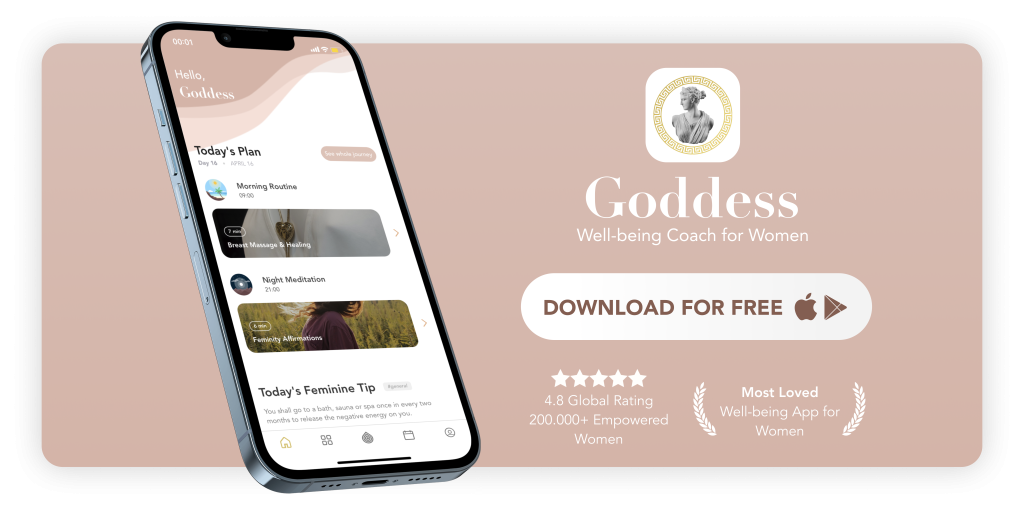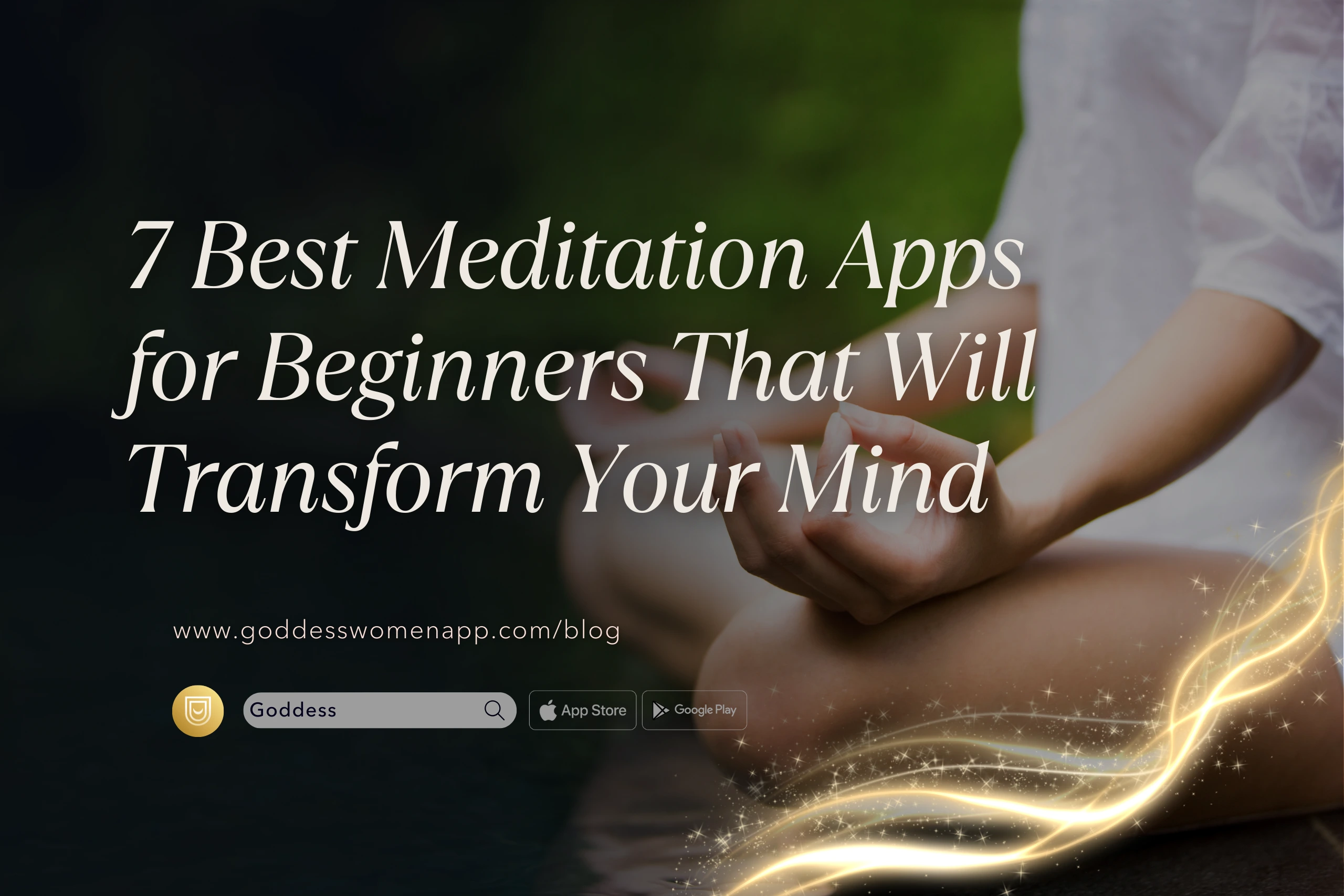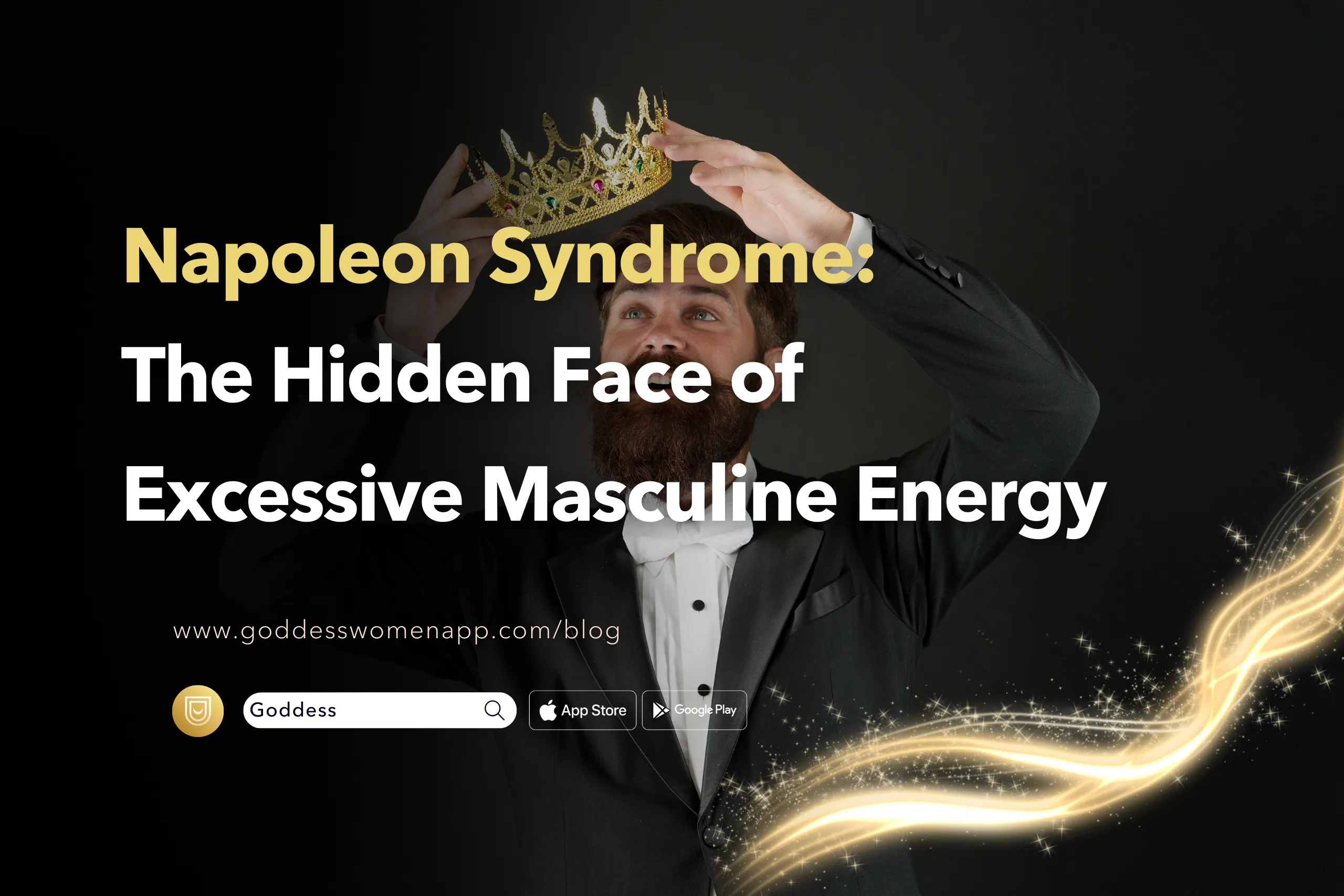Table of Contents
The practice of guided meditation beginners offers a transformative journey into the depths of mindfulness and self-discovery. Through this blog post, we will embark on an exploration of guided meditation beginners, uncovering its profound benefits, techniques, and the art of finding inner balance. Guided meditation serves as a gentle yet powerful tool for individuals, whether beginners or seasoned practitioners, seeking to cultivate a sense of peace, clarity, and emotional well-being in their lives.

Understanding Guided Meditation
Guided meditation provides individuals with a structured and supportive framework for their mindfulness practice. It involves the use of verbal guidance, often accompanied by soothing music or nature sounds, to lead participants through a series of calming visualizations and relaxation techniques. This form of meditation is particularly beneficial for beginners, as it offers step-by-step instructions and gentle reminders, making it easier to stay focused and navigate any challenges that may arise during the practice.
Benefits of Guided Meditation
Guided meditation offers a wide array of benefits, making it an appealing practice for individuals seeking to enhance their overall well-being. Here are some of the key benefits of guided meditation:
- Reduces Symptoms of Anxiety: Guided meditation has been shown to be effective in reducing symptoms of anxiety, whether it’s occasional anxiety over specific events or generalized anxiety. It can help individuals manage stress and react with less emotional intensity to positive and negative stimuli.
- Improves Mental Health: Guided meditation can contribute to improved mental health by reducing stress, controlling anxiety, and promoting emotional well-being. It can also help individuals be less reactive when tough situations arise.
- Enhances Self-Awareness: Through the practice of guided meditation, individuals can increase their self-awareness and develop a deeper understanding of themselves and their surroundings. This can be a starting point for making other positive changes in life.
- Boosts Cognitive Skills: Regular practice of guided meditation can help enhance cognitive skills, such as attention, memory, and mental clarity. It can also increase positive feelings and actions toward oneself and others.
- Promotes Emotional Health: Guided meditation can contribute to emotional health by promoting a positive mood and outlook, self-discipline, and healthy sleep patterns. It can also help individuals develop other beneficial habits and feelings, such as increased pain tolerance and a positive mood.
- Enhances Focus and Attention: Guided meditation helps with attention span, allowing individuals to stay focused longer. It can also improve accuracy while completing tasks and increase the strength and endurance of attention[3][5].
- Improves Sleep Quality: Guided meditation can shorten the time it takes to fall asleep and improve sleep quality. It can also help individuals develop healthy sleep patterns and reduce the perception of pain in the brain, which may contribute to better sleep.
- Reduces Stress: One of the most common reasons people try meditation is to reduce stress. Guided meditation has been shown to decrease stress and improve symptoms of stress-related conditions, such as irritable bowel syndrome (IBS), post-traumatic stress disorder (PTSD), and fibromyalgia.
- Enhances Creativity: Guided meditation can help individuals inject creativity into their lives, whether it’s for personal or professional purposes. It can be a valuable tool for finding inspiration and fostering innovation.
- Boosts Satisfaction at Work: Guided meditation has been linked to increased satisfaction at work, making it a beneficial practice for individuals looking to enhance their professional lives.
These benefits, backed by scientific research, demonstrate the transformative potential of guided meditation in promoting overall well-being and personal growth. Now let’s see the steps for guided meditation beginners.
1. Demystifying the Practice: Guided Meditation Beginners 101
Demystifying the practice of guided meditation is essential, especially for beginners. Guided meditation involves a structured session led by a narrator or facilitator, providing verbal guidance to lead participants through a calming and focused experience. This form of meditation is an excellent entry point for those new to the practice, offering a supportive framework to navigate the realms of mindfulness and self-discovery.
Guided meditations are perfect for beginners as they provide step-by-step instructions and gentle reminders during the practice. They offer a structured approach to meditation, making it easier for individuals to stay focused and navigate any challenges that may arise. Whether you are looking to reduce stress, improve focus, or cultivate a sense of inner peace, guided meditations provide a supportive framework for your exploration.
Many individuals, including those new to meditation, have found guided meditations to be instrumental in helping them stay focused and gradually develop a regular meditation practice. Testimonials from beginners often highlight the value of guided meditations in providing structured instructions and gentle guidance, ultimately easing individuals into the practice and supporting their journey towards a more focused and enriching meditation experience.
By demystifying guided meditation beginners can gain a clearer understanding of the practice and its benefits. It provides an accessible entry point for those who may feel overwhelmed by the prospect of traditional meditation, offering a gentle and supportive introduction to the transformative world of mindfulness. Through the structured and nurturing guidance provided in guided meditations, beginners can embark on their meditation journey with confidence, setting the stage for a more harmonious and fulfilling existence.
2. Creating the Ideal Setting: Setting the Stage
Creating the ideal setting for guided meditation is a crucial step in enhancing the practice’s effectiveness. Finding a quiet and comfortable space free from distractions is fundamental to the success of your guided meditation practice. This setting allows you to fully immerse yourself in the experience, promoting a deeper sense of relaxation and focus. Dimming the lights, using a cushion or chair for comfort, and ensuring you won’t be interrupted are essential elements of setting the stage for a rewarding meditation session.
The environment in which you practice guided meditation can significantly impact the quality of your experience. By minimizing external disturbances and creating a soothing atmosphere, you can optimize the potential for relaxation and introspection. This can involve choosing a peaceful location, adjusting the lighting to a comfortable level, and making sure that you are in a comfortable position, whether sitting or lying down. Additionally, incorporating elements such as gentle meditation music and eye covers can further enhance the ambiance and support a deeper state of relaxation.
Furthermore, the act of preparing the room and oneself for guided meditation beginners can be seen as a ritual that signals the transition into a more mindful and introspective state. This intentional preparation can help individuals shift their focus away from the external world and towards their inner experiences, promoting a more profound and rewarding meditation practice.
Incorporating these elements into the setting for guided meditation can help individuals create an environment that is conducive to relaxation, introspection, and personal growth. By paying attention to the details of the physical space and the atmosphere, practitioners can set the stage for a more enriching and transformative meditation experience.
3. Navigating Distractions
Navigating distractions during meditation is a common concern for practitioners, especially those new to the practice. It’s important to acknowledge that thoughts may wander, and that’s okay. Instead of resisting distractions, gently guide your focus back to the narrator’s instructions. It’s a normal part of the learning process. With time and practice, cultivating focus becomes more natural.
Handling distractions during meditation is a valuable skill that can be developed over time. One approach is to practice non-resistance, which involves being with your distractedness with self-compassion and bringing your attention back to the present whenever you find yourself distracted. This mindset of “non-craving, non-resistance” is an important philosophy in meditation, emphasizing experiencing the world as it is without hoping it was somehow different.
Reducing external distractions can also be beneficial. This may involve switching off or unplugging electronic devices, asking for quiet time, and dealing with urgent matters before starting the meditation. Additionally, labeling each thought that arises and gently inviting your attention back to the meditation can help manage internal distractions.

4. Choosing the Right Guided Meditation: Tailoring to Guided Meditation Beginners
For guided meditation beginners, selecting the right guided meditation is pivotal. Explore various styles and themes to find what resonates with you. Whether it’s focused on relaxation, stress reduction, or personal growth, the ideal guided meditation for beginners is one that aligns with your intentions and preferences.
5. Consistency is Key: Cultivating a Habit
To reap the full benefits of guided meditation beginners, it is essential to strive for consistency. Establishing a regular practice not only enhances the effectiveness of guided meditation but also promotes mental clarity, stress reduction, and overall well-being. Starting with short sessions and gradually extending the duration as you become more comfortable is a recommended approach. Consistency is key to integrating guided meditation into your daily routine and reaping its transformative potential.
Creating a habit of daily meditation can be supported by various strategies. Scheduling meditation sessions, similar to an exercise class or appointment, can help make it a regular part of your day. Additionally, integrating meditation into an existing routine, such as before or after showering, can aid in its consistency. It’s important to remember that if a day is missed, it’s okay to simply pick up where you left off. Even a few minutes of meditation can be beneficial, and as your practice becomes more consistent, you can gradually increase the duration.
In conclusion, guided meditation beginners is a gentle yet powerful introduction to the world of meditation. By understanding the basics, creating an ideal setting, navigating distractions, choosing the right guided meditation, and maintaining consistency, beginners can unlock the serenity and transformative potential of this enriching practice.
Guided meditation beginners serves as a supportive framework for individuals embarking on their mindfulness journey. It offers step-by-step instructions and gentle reminders, making it easier to stay focused and navigate any challenges that may arise during the practice. Whether seeking to reduce stress, improve focus, or cultivate a sense of inner peace, guided meditations provide structured guidance that can help ease beginners into the practice, ultimately leading to a more harmonious and fulfilling existence.
The benefits of guided meditation beginners are wide-ranging and supported by an increasing body of scientific evidence. Regular practice can help reduce stress and anxiety, improve sleep quality, enhance self-awareness, and promote emotional resilience. Moreover, guided meditation beginners can be tailored to address specific needs, such as boosting confidence, fostering gratitude, or cultivating a sense of inner peace.





